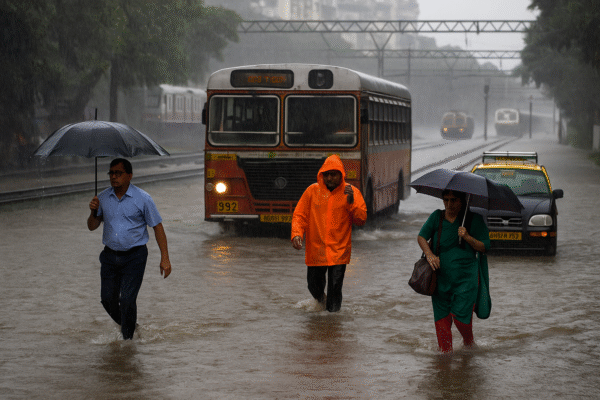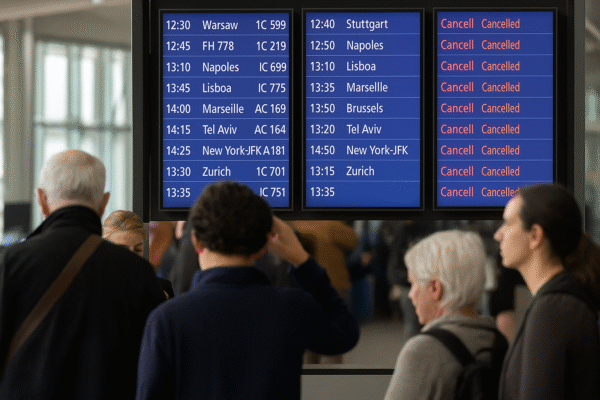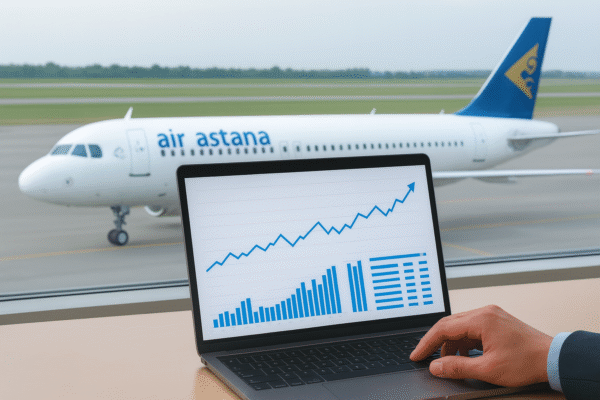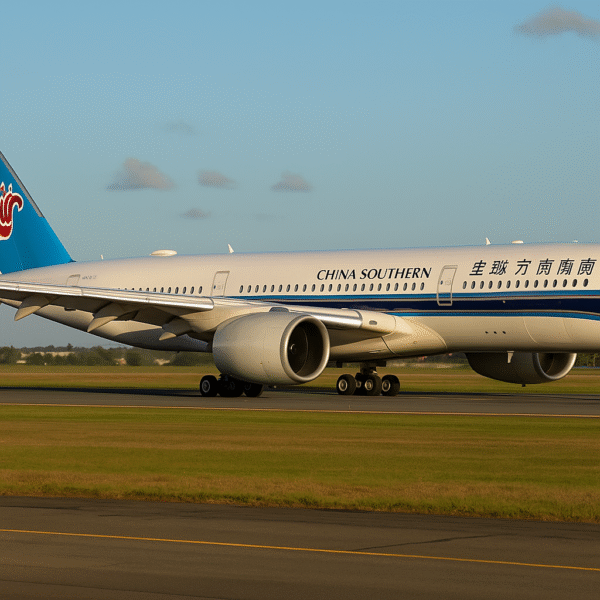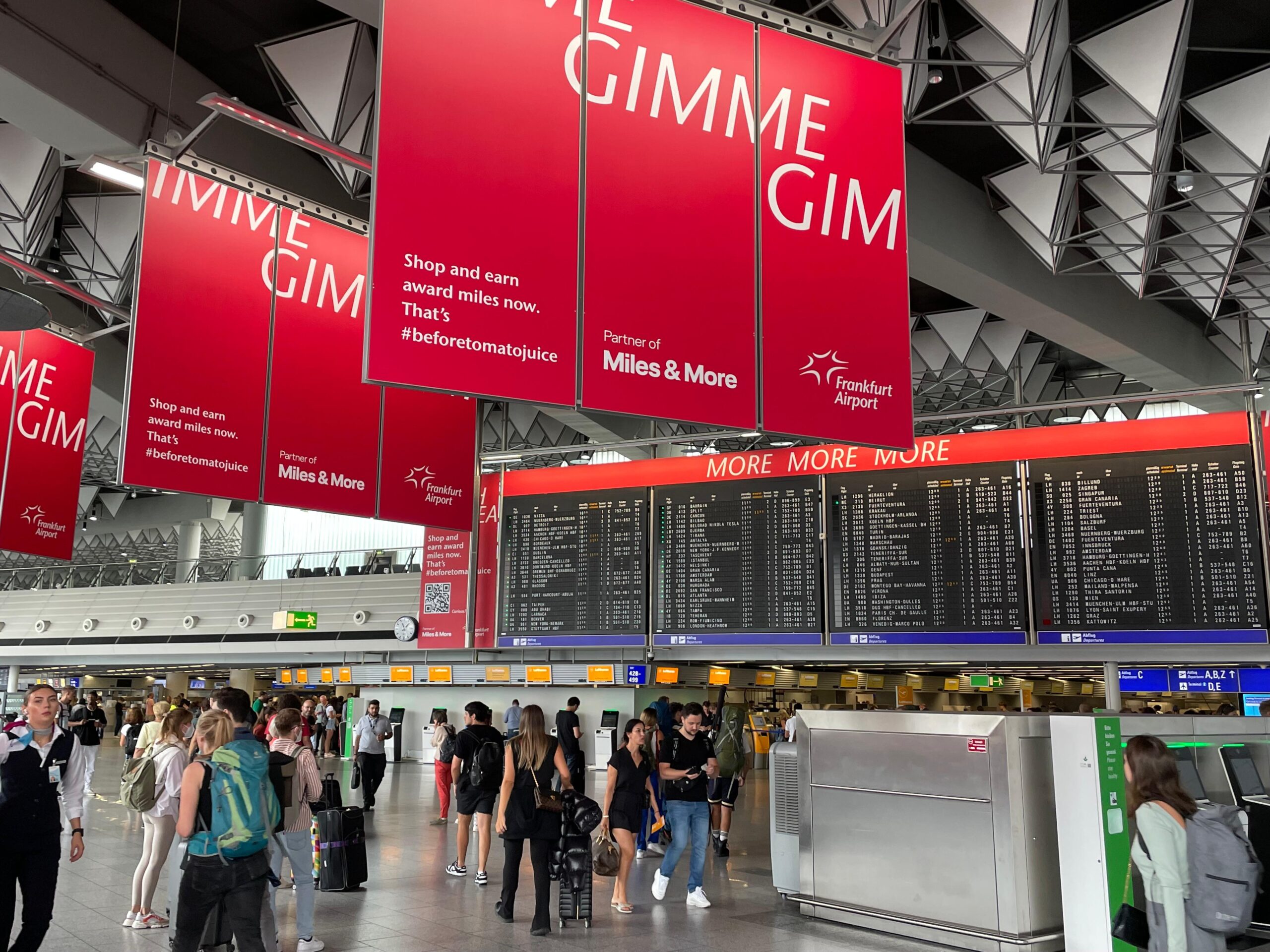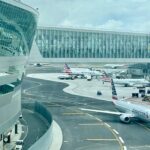Ryanair, Europe’s largest low-cost carrier, has escalated its campaign for urgent European air traffic control (ATC) reform following massive disruption caused by a two-day French ATC strike from July 3–4, 2025. The walkout, part of an internal dispute over staffing and working conditions, led to the cancellation of over 400 European flights — including 170 Ryanair services — and affected more than 70,000 passengers across the continent.
Amid rising passenger frustration, Ryanair CEO Michael O’Leary has publicly called on European Commission President Ursula von der Leyen to either implement meaningful ATC reforms or resign, accusing the Commission of neglecting its responsibility to safeguard cross-border air travel during peak tourism months.
ATC Strikes Cause Widespread Disruption Across Europe
The French ATC walkout halted hundreds of domestic and international flights, including overflights that had no direct connection to France. Ryanair alone was forced to cancel 170 flights, impacting routes between the UK, Spain, Italy, and other major European markets. Other airlines also scrambled to reroute or delay services.
As France controls a major portion of Europe’s airspace, its ATC staff strikes have historically triggered continent-wide disruption. This year’s summer strike season — timed during one of the busiest travel periods — reignited debate over the structural fragility and fragmentation of Europe’s aviation system.
Ryanair Demands Key Reforms to Safeguard Passengers
Following the strike, Ryanair renewed its call for immediate EU-level reforms that would reduce the impact of ATC walkouts on airlines and passengers. The airline’s key demands include:
1. Staffing Guarantees for First-Wave Departures:
Ryanair wants ATC authorities to guarantee full staffing during the first wave of morning departures — typically between 5:00 and 9:00 AM — when most international flights depart and delays can cause cascading disruptions throughout the day.
2. Protection for Overflights:
The carrier insists that flights merely crossing through French airspace — without landing or taking off in France — should be protected from strike-related cancellations. These “overflights” accounted for the majority of Ryanair’s affected services.
3. Creation of a Single European ATC System:
Ryanair continues to push for the long-delayed implementation of a unified European airspace management system — the “Single European Sky” — which would reduce inefficiencies, increase resilience, and centralize decision-making during crises.
According to Ryanair, these measures would protect the rights of passengers, safeguard the economy, and reduce unnecessary disruptions caused by national labor disputes.
Ursula von der Leyen Under Fire for Inaction
Ryanair’s statement directly targeted European Commission President Ursula von der Leyen, accusing her administration of failing to act despite years of warnings about the consequences of unchecked ATC fragmentation.
“President von der Leyen talks about making Europe more competitive, yet her Commission has allowed these strikes to cripple the single market for aviation. If she will not act, she should step aside,” said CEO Michael O’Leary in a statement issued from Dublin.
The European Commission, which has limited jurisdiction over national labor issues, has previously stated that ATC operations fall under the control of individual EU member states. However, Ryanair and other industry stakeholders argue that the EU must assert stronger leadership, particularly when national disruptions have cross-border implications.
Aviation Industry Seeks Long-Term Solutions
Ryanair’s frustration echoes growing concern across the European aviation industry. Airlines for Europe (A4E), an industry group representing major European airlines, has also advocated for coordinated ATC reform and the protection of overflights during national labor strikes.
Industry observers say that without structural change, Europe’s aviation sector remains vulnerable to repeated, predictable disruption — particularly during peak holiday seasons when demand is highest.
The Draghi Report on European competitiveness, published in 2024, stressed the urgency of reforming key infrastructure, including aviation, to boost economic resilience. The report’s findings have been cited by Ryanair as further justification for swift EU action.
Passenger Impact: Missed Holidays, Lost Business
While political debate intensifies, the most immediate consequences are being felt by travelers. Thousands of passengers, including families on summer holidays and business travelers, faced cancellations, missed connections, and extended delays with little notice.
For airlines like Ryanair, which operate tight turnaround schedules, such strikes cause significant operational disruption, increased costs for passenger compensation, and logistical headaches related to crew deployment, aircraft repositioning, and rerouting.
Passengers are also left frustrated by the unpredictability of the situation, often receiving cancellation notices mere hours before departure.
Europe’s Air Travel at a Crossroads
The latest ATC strike places renewed pressure on the EU to act decisively. As Europe recovers from the pandemic and aims to reassert its position in global aviation, reliable air traffic operations are more crucial than ever.
The success of the EU’s Single Market for aviation depends on seamless connectivity. Labor strikes in one country affecting travelers across multiple borders undermines this principle — and weakens trust in Europe’s transport infrastructure.
Ryanair’s growing demands — and public criticism of von der Leyen — signal that patience is wearing thin. Unless the European Commission adopts bolder measures, air travelers across the continent may face an increasingly turbulent summer ahead.
Conclusion: Reform or Repeat?
With peak summer travel in full swing and tensions flaring between airlines and European regulators, Ryanair’s push for urgent air traffic control reform is not just a corporate plea — it’s a call echoed by tens of thousands of stranded travelers.
As the EU weighs its next steps, one thing is clear: without immediate reform, Europe’s skies will remain vulnerable to strikes, delays, and political fallout. Whether Ursula von der Leyen answers Ryanair’s challenge or not, the future of European air travel now hangs in the balance.
For more travel news like this, keep reading Global Travel Wire



